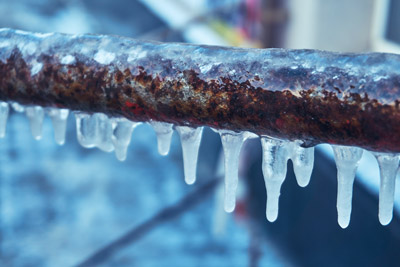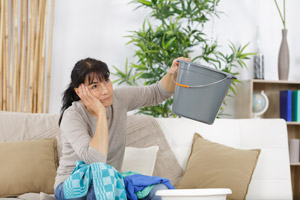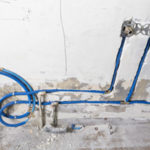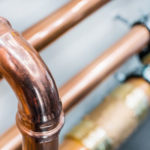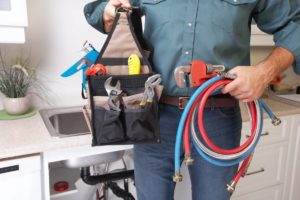 If you’ve ever listened to your grandparents reminisce about how low prices used to be when they were younger, then you’re probably familiar with the concept of inflation. While it can be fun to hear about the days when you could get a cheeseburger for under a quarter, the reality of inflation has had a detrimental effect on many households today – especially when it comes to home improvement projects.
If you’ve ever listened to your grandparents reminisce about how low prices used to be when they were younger, then you’re probably familiar with the concept of inflation. While it can be fun to hear about the days when you could get a cheeseburger for under a quarter, the reality of inflation has had a detrimental effect on many households today – especially when it comes to home improvement projects.
If you’re planning a plumbing project, then you’ve probably noticed how prices have been gradually rising over the last several years. Understanding how inflation is impacting plumbing services and products can help you anticipate prices while lowering the overall cost of your project.
Why Are Plumbing Projects Getting More Expensive?
While inflation has definitely contributed to the steady rise in plumbing prices, it isn’t the only factor at play. Another big reason why home improvement projects have gotten more expensive in recent years is COVID-19. The global pandemic worsened trade labor shortages and sparked supply chain issues, resulting in much higher prices for products and services alike.
How to Save Money on Plumbing
Plumbing is a crucial part of your home, and some repairs or improvements are essential. Though inflation and rising project costs can be overwhelming, there are a few ways you can make plumbing more affordable. Here are a few tips you can follow to save money on your plumbing projects:
- Plan ahead: A little bit of planning can go a long way. Scheduling service far in advance will ensure your project is completed on time even if there are labor shortages. Buying parts ahead of time could also save you money and stress if there are supply chain issues that would otherwise cause delays.
- Work with a professional: While it may be tempting to cut costs by DIY-ing your projects, large plumbing projects are best left to the professionals. Small errors could lead to leaks or breakdowns, which could cause significant damage to your home and lead to even more expenses than if you had worked with an expert in the first place.
- Ask for a full quote: Requesting a detailed quote in writing allows you to anticipate expenses and avoid surprises. This not only allows you to plan ahead, but it also provides you with the opportunity to discuss costs with your contractor before they begin work.
- Work with local plumbers: Local plumbers generally offer faster and more cost-competitive services than national companies. Most local contractors are responsive and willing to deliver personalized services tailored to your individual needs. They are also well-versed in local codes and regulations, which helps projects move along seamlessly.
- Look for discounts: Some plumbing companies offer special deals to make their services more affordable. When shopping around for a plumber, try looking for coupons or asking about discounts to see where you could save money.
Your Local Plumbing Contractors
If you’re looking for quality plumbing services in the Portland OR area, you can count on the experts at D&F Plumbing, Heating and Cooling! Our experts have proudly helped homes and businesses since 1927, and we are dedicated to providing you with fast and dependable services that you can rely on. From pipes and drains to water heaters and other plumbing appliances, our team has you covered! Just give us a call today to get your personalized quote.

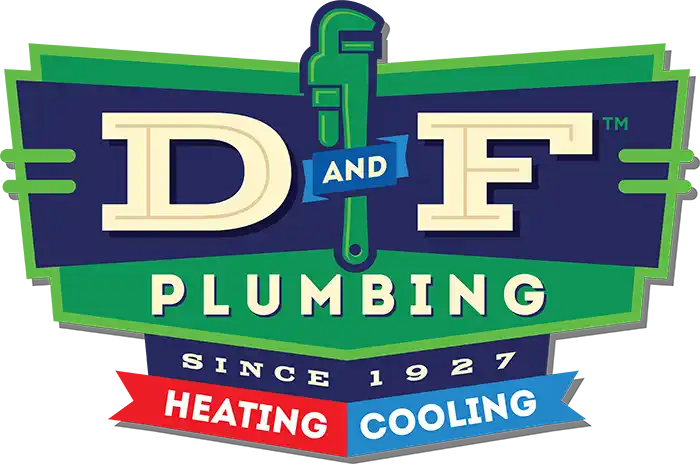
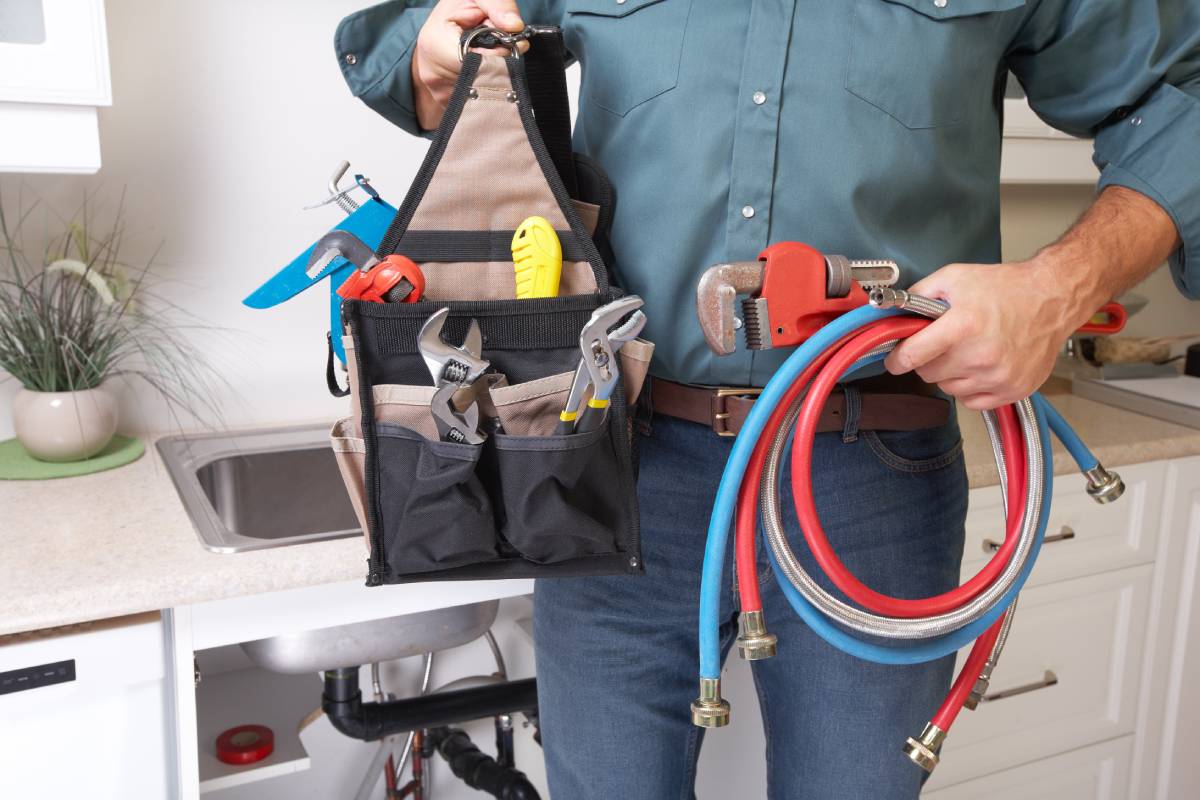
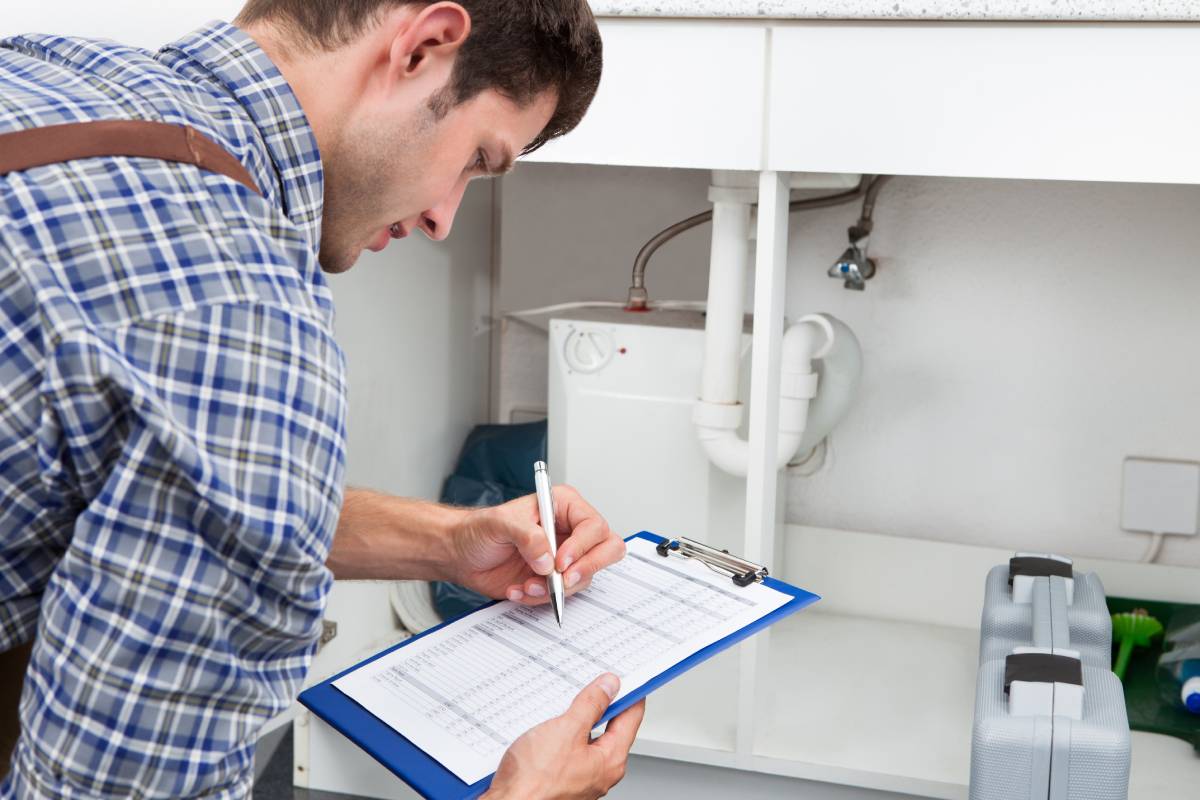
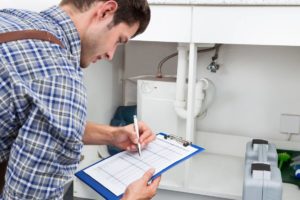 Spring has sprung, but hopefully a leak hasn’t! With the warmer weather rolling in, it’s time to tackle that to-do list that’s been piling up all winter – and that includes taking a look at your plumbing system. To make sure your system is in great shape for the new season, go through this spring plumbing checklist:
Spring has sprung, but hopefully a leak hasn’t! With the warmer weather rolling in, it’s time to tackle that to-do list that’s been piling up all winter – and that includes taking a look at your plumbing system. To make sure your system is in great shape for the new season, go through this spring plumbing checklist: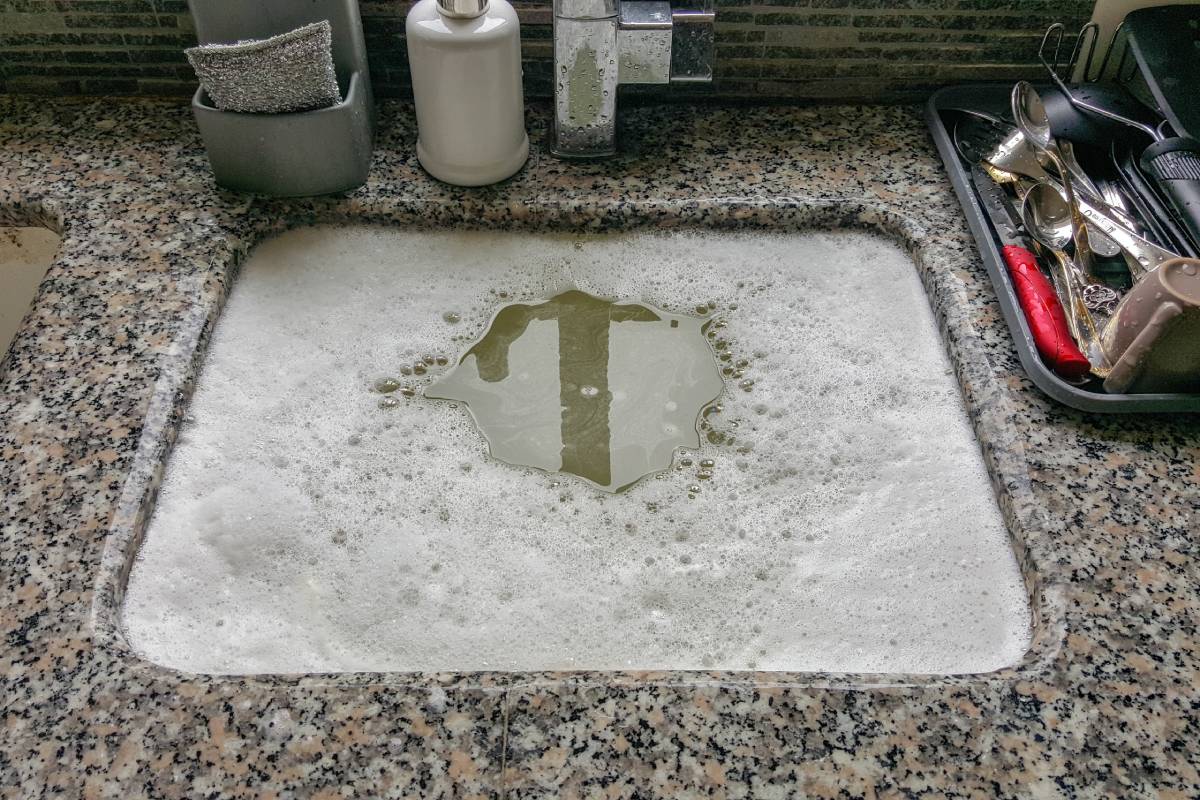
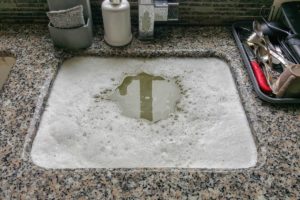 At D&F Plumbing, Heating and Cooling, we know that when your sink is slow to drain, your temper is quick to rise. It’s easy to take something you use so often in your daily life for granted until your sink, and, in turn, your bandwidth, overflow. Also, it’s not helpful to learn that there are many more potential causes than you might imagine for a clogged sink. The problems just keep building up!
At D&F Plumbing, Heating and Cooling, we know that when your sink is slow to drain, your temper is quick to rise. It’s easy to take something you use so often in your daily life for granted until your sink, and, in turn, your bandwidth, overflow. Also, it’s not helpful to learn that there are many more potential causes than you might imagine for a clogged sink. The problems just keep building up!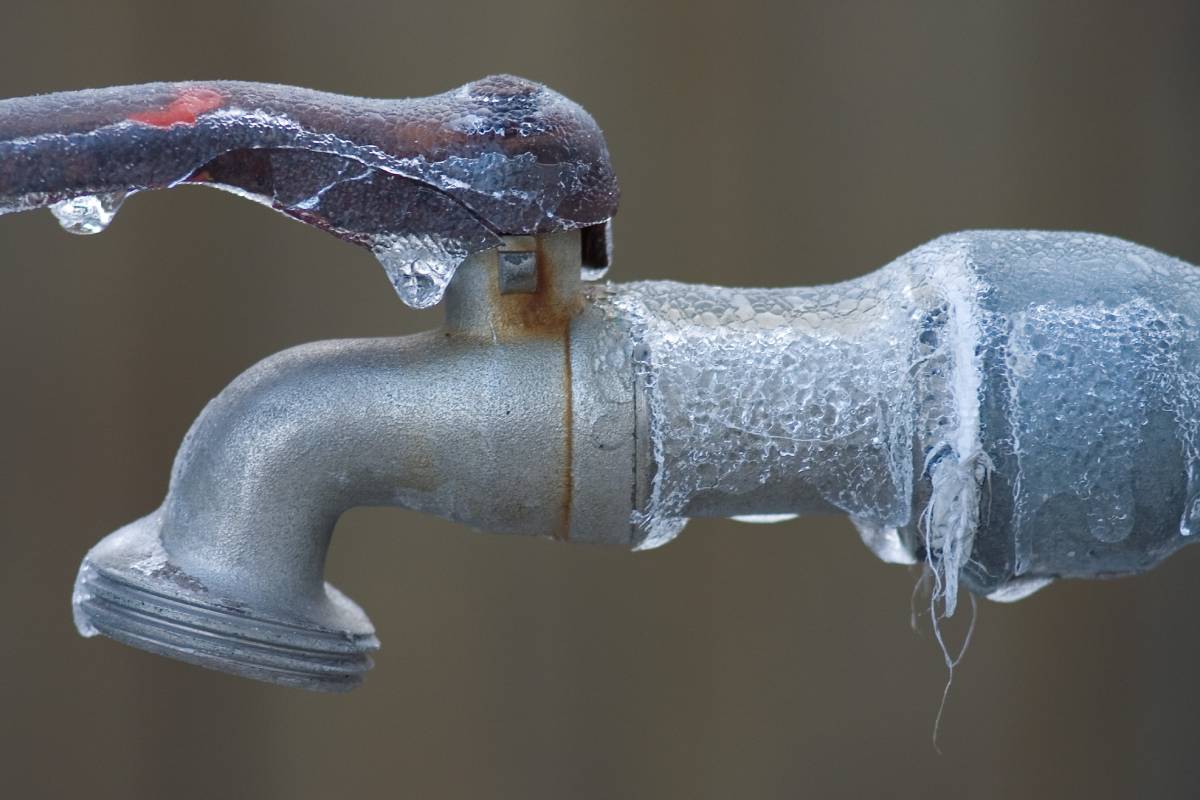
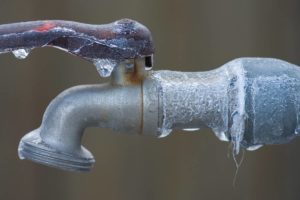 Once you’ve got your fuzzy socks and a warm mug of cocoa, you’re all ready for winter – right? Well, though these things are definitely essentials, you might be missing a couple of important steps. Before you bundle up for the winter, it’s important to prepare your home – or more specifically, your plumbing system – for the cold weather.
Once you’ve got your fuzzy socks and a warm mug of cocoa, you’re all ready for winter – right? Well, though these things are definitely essentials, you might be missing a couple of important steps. Before you bundle up for the winter, it’s important to prepare your home – or more specifically, your plumbing system – for the cold weather.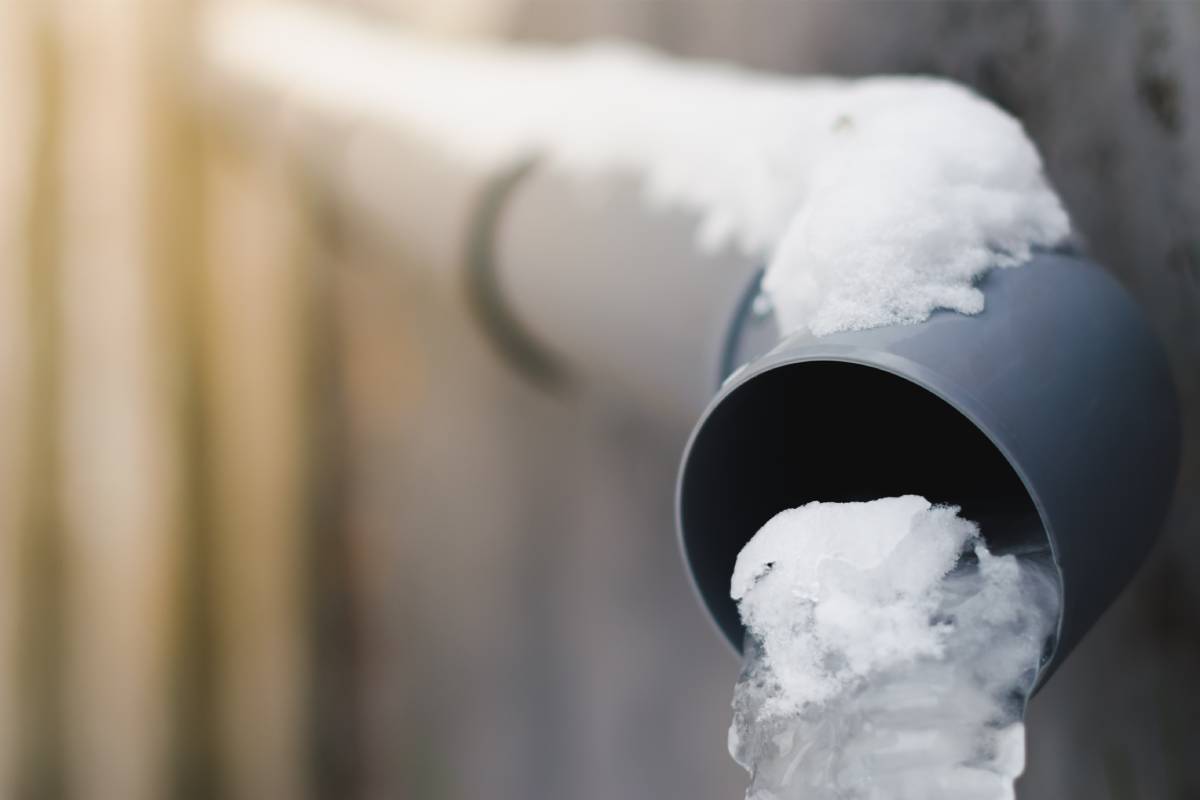
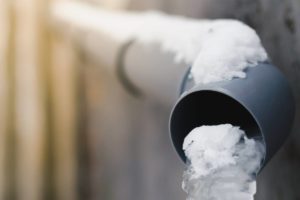 A frozen or burst pipe can really throw a wrench in your winter plans. The last thing you want is to be patching leaks over the holidays or redirecting a waterfall on New Year’s. But, as temperatures drop, your plumbing system could freeze or crack, leading to some serious and potentially costly problems.
A frozen or burst pipe can really throw a wrench in your winter plans. The last thing you want is to be patching leaks over the holidays or redirecting a waterfall on New Year’s. But, as temperatures drop, your plumbing system could freeze or crack, leading to some serious and potentially costly problems.